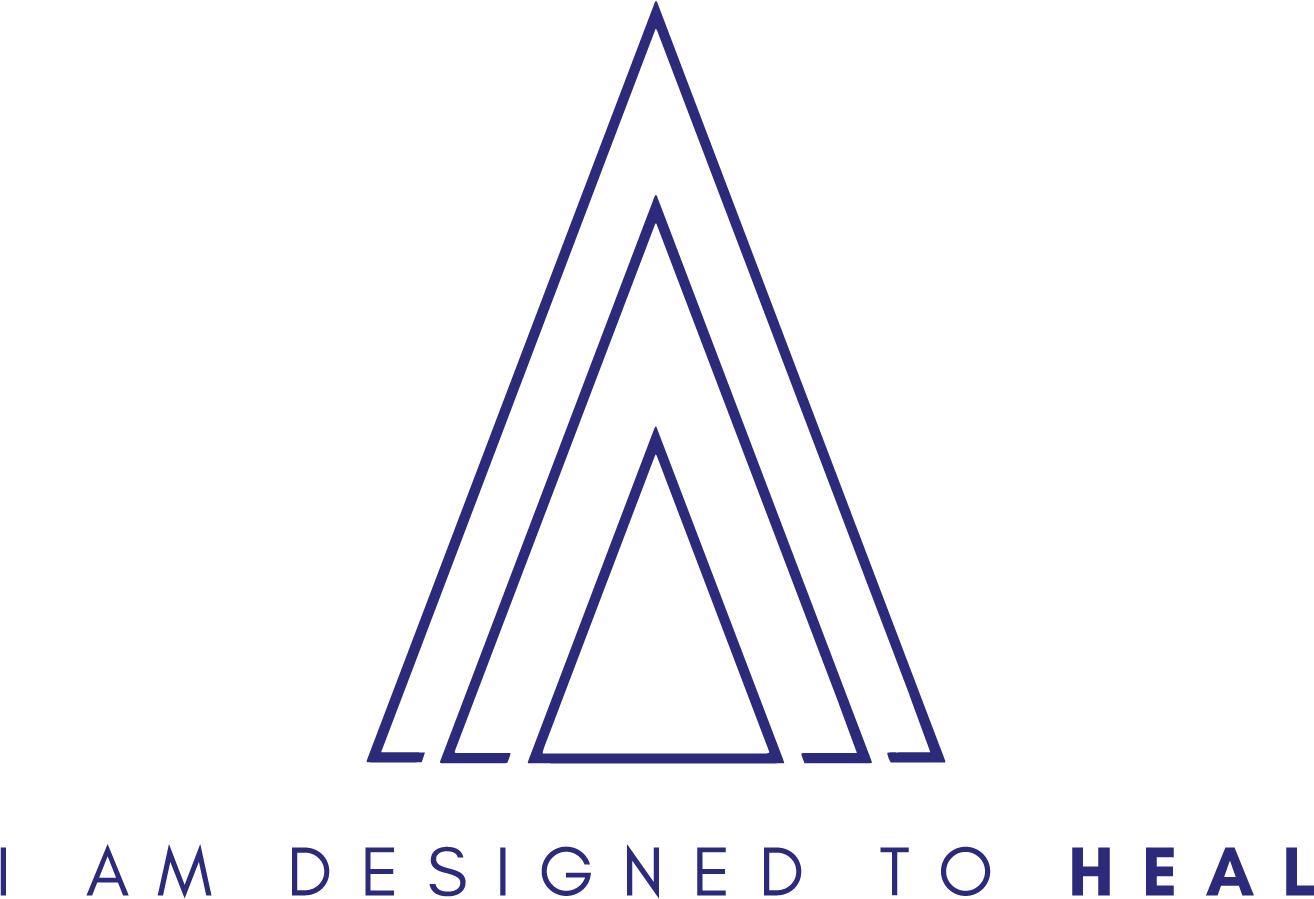
25 Aug Acupuncture and Healthy Aging: How Regular Treatments Support Longevity and Well-Being
Embrace Healthy Aging with Acupuncture: A Holistic Approach to Well-Being
Aging brings various physical, emotional, and cognitive changes, and while modern medicine has extended life expectancy, many are turning to holistic practices like acupuncture to support a healthier aging process. This traditional Chinese medicine practice is gaining recognition for its potential to enhance overall well-being in older adults.
What is Acupuncture and How Does It Support Aging?
Acupuncture, a cornerstone of Traditional Chinese Medicine (TCM), involves inserting thin needles into specific points on the body. These points, known as acupoints, help balance the body’s energy flow, or “Qi” (pronounced “chee”). In TCM, Qi is the life force that flows through energy channels called meridians. When Qi is balanced, the body is believed to function optimally. However, aging can deplete or block Qi, leading to issues like chronic pain, fatigue, and cognitive decline.
By restoring Qi balance, acupuncture promotes the body’s natural healing processes. This holistic approach can be especially beneficial for older adults, who often face multiple health challenges.
Citation: Vickers, A. J., et al. (2018). Acupuncture for Chronic Pain: Update of an Individual Patient Data Meta-Analysis. Journal of Pain, 19(5), 455-474.
Acupuncture for Pain Management and Improved Mobility
Chronic pain, such as osteoarthritis or lower back pain, is a common concern for older adults and can significantly impact quality of life and mobility. Traditional treatments often involve medications that may have side effects, especially in older individuals taking multiple prescriptions.
Acupuncture offers a drug-free alternative. It stimulates the release of endorphins, the body’s natural painkillers, and reduces inflammation. Research shows that acupuncture effectively reduces chronic pain and enhances mobility. For example, a study in the Journal of Pain found that acupuncture was effective in managing chronic pain conditions like osteoarthritis and back pain.
By alleviating pain and improving mobility, acupuncture helps older adults stay active—a crucial aspect of healthy aging. Regular physical activity boosts cardiovascular health, cognitive function, and mood.
Citation: Dommerholt, J., et al. (2016). Dry needling and myofascial trigger points: A systematic review. Journal of Orthopaedic & Sports Physical Therapy, 46(4), 283-293.
Enhancing Cognitive Function and Emotional Well-Being
Cognitive decline and emotional challenges, such as anxiety and depression, can affect the quality of life as people age. Acupuncture may help improve cognitive function and emotional well-being by increasing blood flow to the brain and promoting neuroplasticity, the brain’s ability to adapt and reorganize itself. A study in Neural Regeneration Researchfound that acupuncture might improve cognitive function and slow dementia progression.
Acupuncture also has a calming effect on the nervous system, reducing symptoms of anxiety and depression. A meta-analysis in the Journal of Affective Disorders concluded that acupuncture could be an effective addition to treatments for depression and anxiety, particularly in older adults.
Citation: Ma, T., et al. (2017). Acupuncture for Cognitive Impairment in Vascular Dementia: A Systematic Review and Meta-Analysis. Neural Regeneration Research, 12(5), 725-734.
Supporting Immune Function and Reducing Inflammation
Aging often weakens the immune system, making the body more susceptible to infections and chronic diseases. Acupuncture has been shown to support immune function and reduce inflammation, which is crucial for healthy aging. A study in the Journal of Traditional Chinese Medicine found that acupuncture enhances immune function by increasing the activity of natural killer cells, which are vital for defending against infections and cancer. It also reduces inflammation markers like C-reactive protein (CRP) and interleukin-6 (IL-6).
Citation: Duan, X. P., et al. (2016). Effect of Acupuncture on Immune Function: An Overview. Journal of Traditional Chinese Medicine, 36(5), 605-610.
Promoting Longevity and Quality of Life
Acupuncture doesn’t just address symptoms—it aims to enhance overall quality of life and promote longevity. Regular treatments can help older adults maintain physical, mental, and emotional balance, essential for aging gracefully. Research in Aging Cell suggests that acupuncture activates pathways associated with longevity, such as the AMPK/SIRT1 pathway, which plays a role in cellular energy metabolism and stress resistance.
Citation: Lee, M. S., et al. (2017). The Effect of Acupuncture on the AMPK/SIRT1 Pathway in Human Aging. Aging Cell, 16(4), 722-732.
Conclusion
Incorporating acupuncture into a holistic health regimen offers numerous benefits for older adults, from managing chronic pain and enhancing cognitive function to supporting immune health and promoting longevity. As research continues to support its effectiveness, acupuncture is becoming an increasingly popular choice for those seeking to age healthily and gracefully.
By balancing Qi, alleviating pain, supporting emotional well-being, and boosting immune function, acupuncture provides a comprehensive approach to healthy aging. For those looking to complement conventional treatments with holistic practices, acupuncture offers a time-tested solution to improve quality of life and overall well-being in later years.


